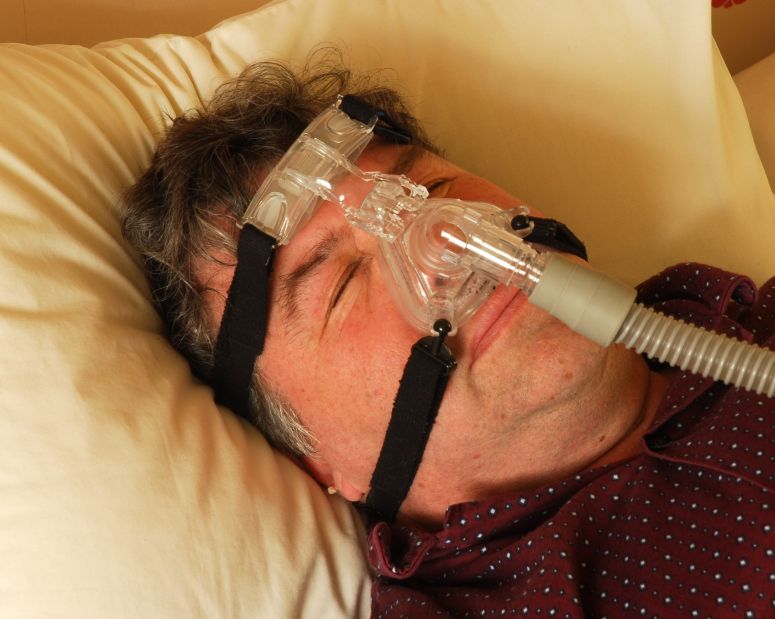Article
Sleep Apnea a Potential Risk Factor for Diabetic Macular Edema
Author(s):
A study presented at AAO 2019 revealed that obstructive sleep apnea could be a risk factor for diabetic macular edema and refractory diabetic macular edema.

Building on previous research that suggested severe sleep apnea may be a risk factor for diabetic macular edema(DME), a new study presented at the American Academy of Ophthalmology (AAO) 2019 Annual Meeting in San Francisco has attempted to quantify that risk.
Results of the study, which was presented by Jufian Chiang, MD, of Chang Gung Memorial Hospital in Taiwan, revealed patients with severe obstructive sleep apnea(OSA) were more than 9 times more likely to develop diabetic macular edema in patients with type 2 diabetes.
“(Study results) could allow for earlier medical intervention so patients can keep more of their vision and preserve their overall health as much as possible,” said Chiang in a press release from the AAO.
In an effort to evaluate whether a connection exists between severe OSA and the development and severity of DME, Chiang and a team of investigators from Chang Gung Memorial Hospital conducted a study including patients from the hospital diagnosed with diabetic retinopathy. The study period went from June 1, 2009 until June 1, 2017.
A total of 97 eyes from 51 patients were included in the study. All patients included in the study received both optical coherence tomography and polysomnography during the 8-year study period.
For the purpose of the study, refractory DME was defined as being refractory through more than 3 therapeutic solutions. Investigators performed analysis through estimation equation for unilateral or bilateral eyes of all study participants.
Investigators dived the 97 eyes included in the study into groups depending on whether or not they had DME. Of the 97 eyes, 31 had DME and the remaining did not.
Investigators observed the rate of severe sleep apnea was significantly higher in patients with DME compared to those without DME(80.6% versus 45.5%). Additionally, analyses revealed those with worse sleep apnea were more likely to have more severe DME.
Analyses performed by investigators revealed that patients with severe OSA was significantly associated more likely to have DME(OR, 9.87 95% CI, 2.06-47.3; P=0.004). Additionally, refractory DME was significantly more frequent in patients with severe OSA than in those whose OSA was not classified as severe(OR, 9.21; 95% CI, 1.08-78.69; P=0.043).
Based on the results of their analyses, Chiang suggested that clinicians could begin to view severe OSA as a risk factor for DME and, depending on severity, could lead to refractory DME.
“Based on these results, we hope that more medical professionals will approach sleep apnea as a risk factor for diabetic macular edema,” Chiang said.
This study, “Association Between Obstructive Sleep Apnea and DME in Patients With Type 2 Diabetes,” was presented by Juifan Chiang at AAO 2019.





